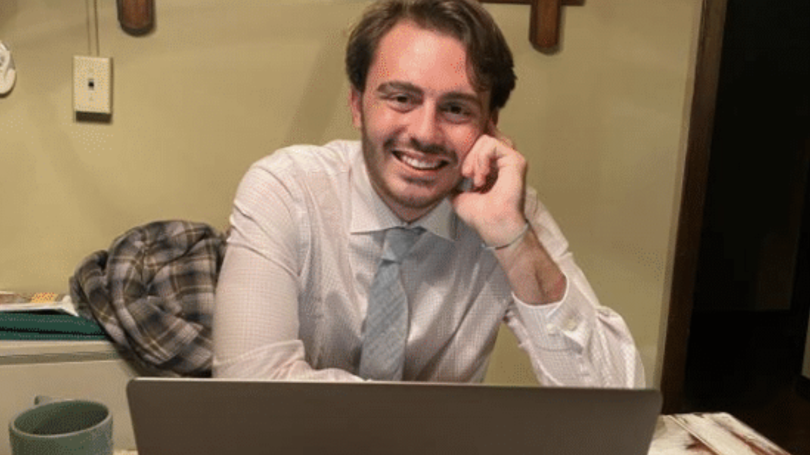
- Public Policy
- Leadership
- Funding
- News & Events
- About the Center
Back to Top Nav
Back to Top Nav
Back to Top Nav
Back to Top Nav
This Summer I completed a remote internship with the Connecticut Division of Public Defender Services under the supervision of Supervisory Assistant Public Defender David Warner. My position consisted of extensive legal research and analysis as I assisted my supervisor in creating a book on Connecticut caselaw to be used as a resource for state public defenders. Though the organization as a whole provides legal counsel and defense to a myriad local resident in various criminal cases, the remote nature of the job and pandemic-related limitations made my role to that of exclusively case law research and writing. More specifically, my job consisted of using legal data bases to search for and analyze various precedent-setting cases both statewide and federally. In such, I located important rulings, quotations, citations, and arguments in order to draft briefs of each case. The nature of this work gave me insights into different legal doctrines and standards, type of cases and challenges that public defenders face, and practice reading and briefing legal writings. In addition, the communications I had with my supervisor about the law and his experiences were very valuable to making sense of my own professional goals. I have long wondered what I want to do in my time prior to law school, and as a result of this internship I am now exploring the possibility of working at a public defender office for such. As well, I have learned a great deal about making legal arguments, the justice system, and court procedural matters (e.g. hearsay objections and impeachment) that will certainly become of use to my role on the Mock Trial Team at Dartmouth and much of the work I will do in law school. Finally, and most importantly to me, this internship confirmed my desire to become a lawyer, specifically one that works in criminal defense.
One of the most positive parts of my internship was the ability to converse with my supervisor outside of the precise work topics I was tasked with completing. For example, as a Psychology Major, I have learned about the weaknesses of memory and have often wondered how neurological research is implemented in courtroom procedure such as with eyewitnesses. Fortunately, David was able to tell me about the current practices, how they had evolved, and where he still finds issues to pervade. Such perspective, due to the closer relationship this position offered me with David, would certainly have been hard to find somewhere else. Another one of the positive aspects I got out of the internship was an education about law and the justice system, particularly as relevant to current social issues. The cases that I read largely consisted of appeals under grounds of things like juror racial bias, police misconduct, and various doctrines (e.g. harmless error) that I found to be quite unjust. During the Summer, as the many “Black Lives Matter” protests occurred across the nation, I was able to get explicit insight into the ways that the justice system mistreats many peoples beyond just those examples in the popular media. The impact, though, was not simply general education, but also a motivation to right the various inadequacies I learned about as they further inspired me to seek involvement in advocacy for improved legislation and policies. Finally, I would say that another positive part of my internship was simply the exposure to the process of conducting legal research, analysis, and writing. During the internship I became very familiar with the Westlaw database, Bluebook citations, and the process of breaking down legal arguments. All of these are things that will certainly put me ahead of the game and give me an advantage in law school.
The Rockefeller Internships Program has funding for Dartmouth undergraduate students to help defray the cost of living expenses associated with a full-time, unpaid, leave-term internships in the fields of public policy, public affairs, and social entrepreneurship.